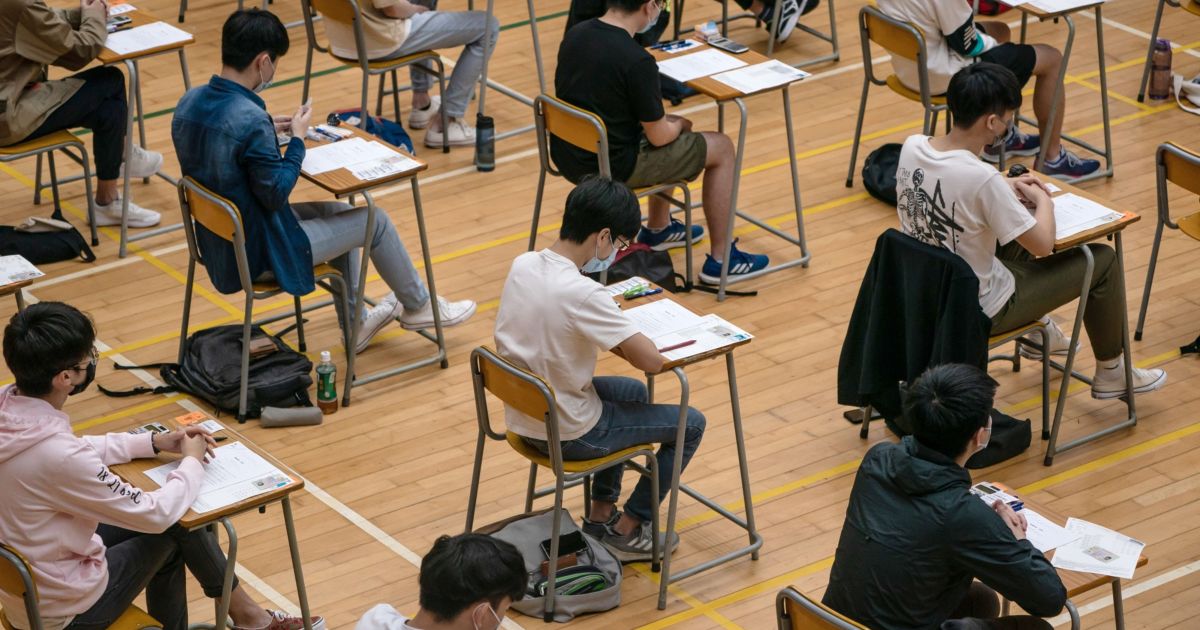China crackdown on tutoring sector leads to protests
The crackdown exacerbated financial problems for these firms, leading to more protests in any month since January 2019.
Chinese President Xi Jinping’s crackdown on the tutoring industry aims to help create a more harmonious society by leveling the education playing field for children across the country, but it’s having the opposite effect early on.
There have been eight protests involving workers in the nation’s education sector so far in August, the most in monthly data compiled by labor watchdog China Labour Bulletin going back to January 2019. There were another two incidents in late July in the days after the overhaul was announced.
One of the protests involved a company in Shanghai that helps students prepare to study overseas whose management fled without paying its employees. Similar episodes were seen in cities such as Beijing, Changsha and Nanjing. The crackdown exacerbated the financial problems many schools were facing because of the pandemic, said Aidan Chau, a researcher at the Hong Kong-based organization.
“Before, companies were still hoping that they could continue, but after July, some school managers just decided to close down and run away,” he said. “We expect that there will be more cases coming once actual policies really materialize.”
China unveiled a broad revamp of its $100 billion education tech sector, banning companies that teach the school curriculum from making profits, raising capital or listing. The move came as youngsters complained about excessive demands of tutoring, and parents worried about high fees and their children falling behind if they didn’t take extra classes.
Chau said the protests so far involved smaller firms because larger ones had better policies and paid employees amounts that met or sometimes exceeded legal requirements.
He called on the official All-China Federation of Trade Unions to help the educators get their pay and resolve other issues. “If the official union does nothing, then when the workers decide to take action themselves,” the Communist Party or the union won’t have an excuse, he said.
The federation of unions, a state-approved umbrella organization, didn’t respond to a request for comment.
The labor watchdog’s data is based on keyword searches of Chinese social media platforms, including the Twitter-like Sina Weibo and Tencent Holdings Ltd.’s WeChat messaging app so it provides only a glimpse of the labor protest situation in the nation.













